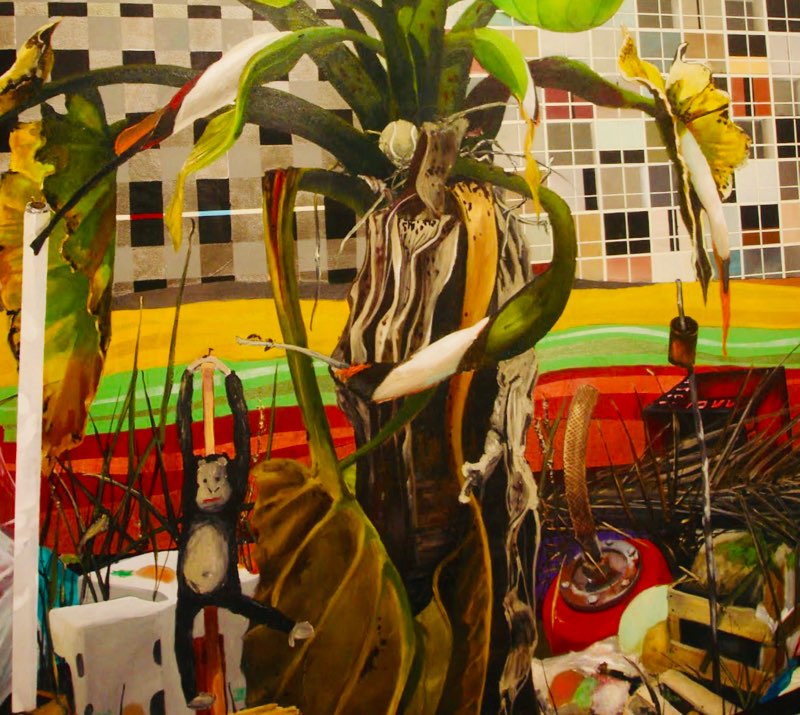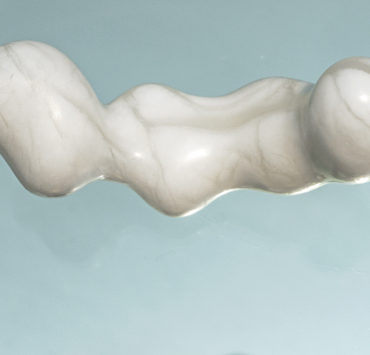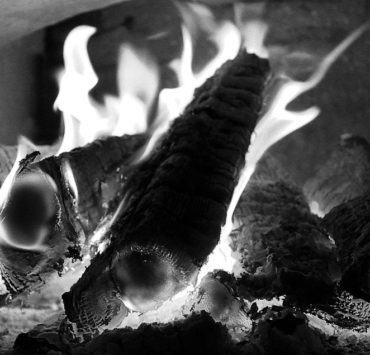
From the series To our Poets
(to Orides Fontela)
I left some roses here, near the end.
But they didn’t sound real,
they seemed human. They behaved like words,
with their cold curves and hard angles, arrows
of sound inside a box. You say FLOWER
with such cruelty. You make me understand
why every rose is an ex-rose.
(para Orides Fontela)
Coloquei rosas aqui, perto de algum final.
Mas não soavam reais,
pareciam humanas. Comportavam-se como palavra,
naquela frieza de curvas e ângulos contidos, flechas
de som dentro de uma caixa. Você diz FLOR
na crueldade crua. E me faz entender
porque toda rosa é ex-rosa.
(to João Cabral de Melo Neto)
You clean the apple
from what’s not knife: twenty slices
of the same apple split into twenty words.
But a bark suddenly breaks the crystal
and returns the whole dog to us, sanguine
and mystical, like a plump fruit dropping
into the swamp. And that river gets much thicker inside the man.
(para João Cabral de Melo Neto)
Você limpa a maçã
do que não é faca: vinte lâminas
da mesma maçã separam as vinte palavras.
Até que um latido quebra o cristal
e nos devolve o cachorro inteiro, sanguíneo
e místico, como uma enorme fruta que despenca
no mangue. E aquele rio fica muito mais espesso no homem.
From the series Animalia, in reference to the painting Lei da Selva, by
Luiz Zerbini.
A plant in the center of the tropical
square, macunaímica
A plant in the conic silence of flowers
native, on a black ruler.
A pop plant flushing purple in trash
bags, yellow in the river.
A plant flattened against the wall
showing some fur.
A crushed plant, corked.
A plant. A pla. A.
A planta no centro do quadrado
tropical, macunaímica.
A planta no silêncio cônico das flores,
inata, na régua preta.
A planta pop pondo roxo no saco
de lixo, amarelo no rio.
A planta planificada contra a parede,
exibindo a pelugem.
A planta quebrada, engradada.
A planta. A pla. A.
all poems translated by author
Flávia Rocha is the author of three poetry books published in Brazil: A Casa Azul ao Meio-Dia (Travessa dos Editores, 2005), Quartos Habitáveis (Confraria do Vento, 2011) and Um País (Confraria do Vento, 2015). She has an M.F.A. in Writing/Poetry from Columbia University. For 13 years she was an editor then editor-in-chief for the multimedia literary magazine Rattapallax, based out of New York City. She is also a screenwriter, and a founder/Director of Communications of Academia Internacional de Cinema, a film school with branches in Sao Paulo and in Rio de Janeiro, Brazil. She currently lives in Portland, OR.







